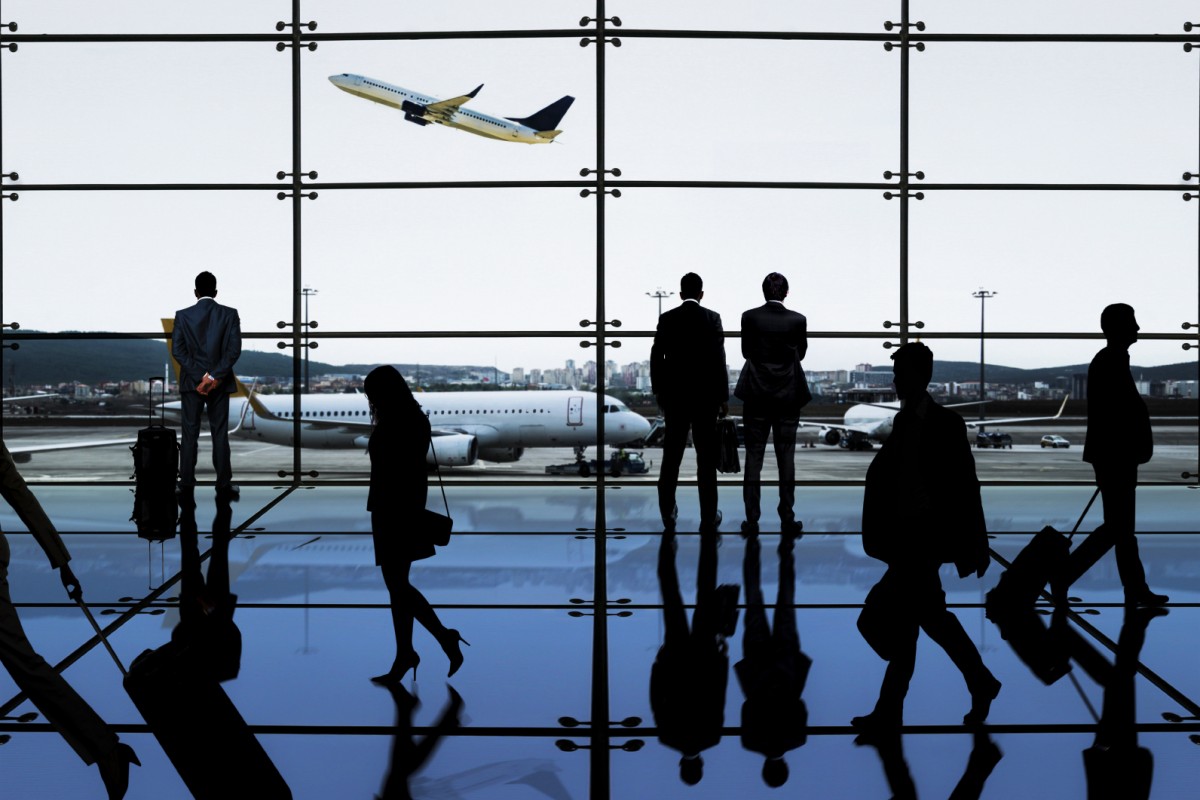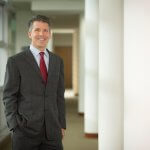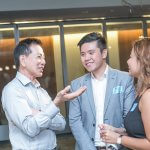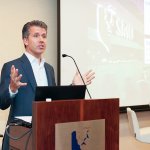Leaders often struggle when they move from country to country, or from in-country to regional roles, according to the latest research from a human capital think tank.
As companies continue to focus on Asia for top line growth, talent is likely to be their biggest hurdle, particularly finding or developing Asian leaders who can run global businesses, within and outside the region. This was one of the main takeaways from the Human Capital Leadership Institute (HCLI), which recently analysed leaders across nine countries in Asia.
Sunil Puri, the head of research and insights at HCLI, a strategic partnership set up between MOM, EDB and SMU, said, “We were hearing stories of executives, and how they struggled when they moved from one country to the other, or from local to regional roles. And I’m talking about your rockstar executives who told us they had to tweak their leadership paradigm to be successful in other countries.”
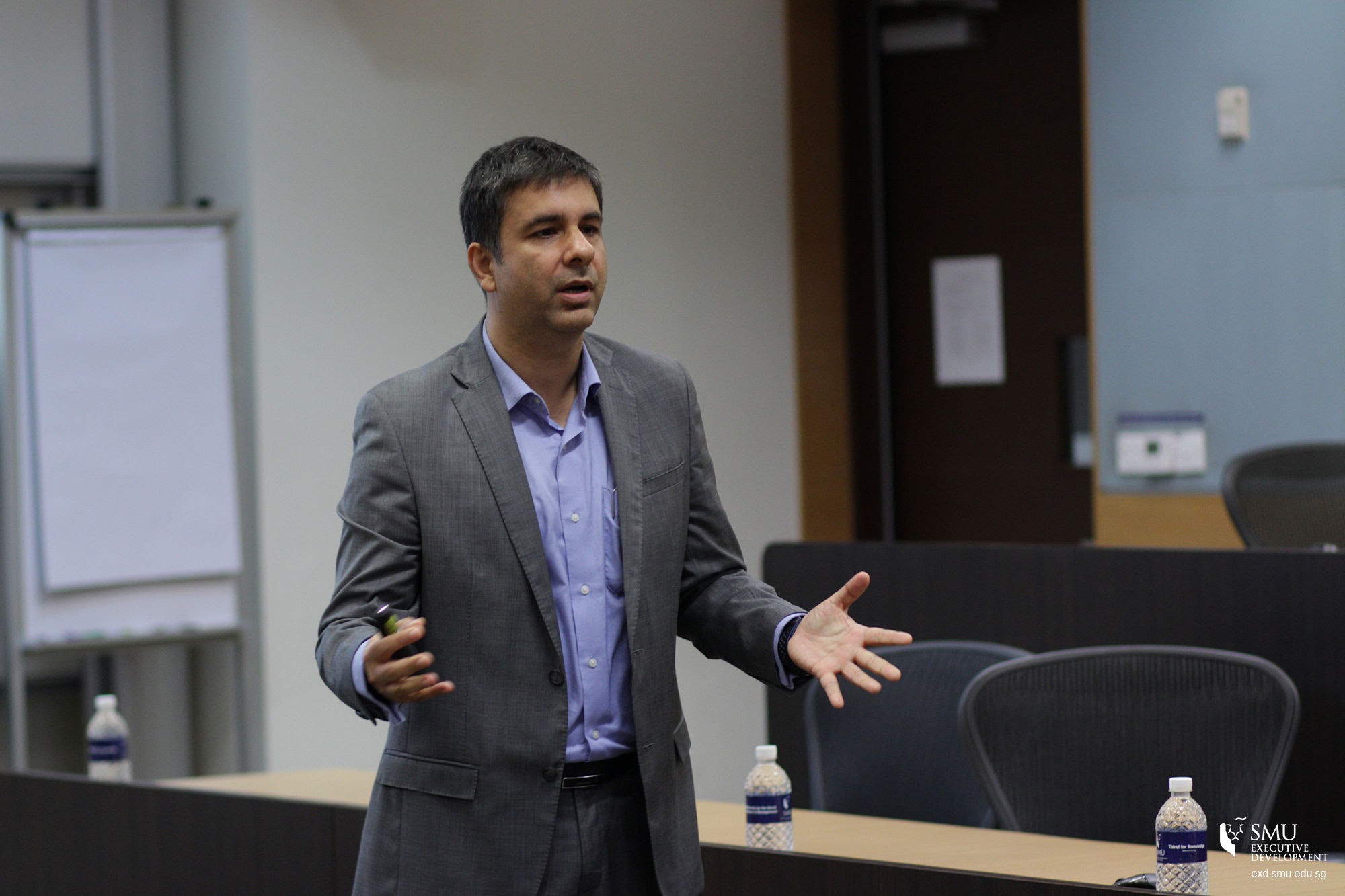
Sunil Puri recently spoke at SMU’s Future Ready Forum 2016 on “Developing the Next Generation CHRO”.
As a result of the research, HCLI invested resources into finding out how leaders in one Asian country differ from those in another country. HCLI has so far looked at nine countries in the region including the big three of Asia—China, Japan and India, along with six ASEAN members—Singapore, Indonesia, Malaysia, Thailand, Philippines and Vietnam.
Mr Puri added, “Asia is all about context. It is all about the history, values, beliefs and the economic situation in each country. And the leadership style needs to change accordingly. The leader needs to wear multiple hats according to the context in which he is leading.”
Its research found that there were many different leadership styles across the region, and even within the same country. For example, management styles in Northern China vary from those in the south of the country.
For a Singaporean business leader, his defining attributes are multiculturalism, good governance, operational excellence and working within an open economy. A Singaporean leader is comfortable working with colleagues from other cultures. He is also likely to have a strong sense of right and wrong, low tolerance for any kind of corruption, a robust work ethic, and will deliver on time and within budget.
However, HCLI found that Singaporean leaders are often not mobile, within the region and further afield. “There is a lack of global aspirations. Singapore offers a comfortable and secure way of life which executives don’t easily want to give up, especially when moving to developing countries. Owing to the country size, leaders who are not mobile may experience stunted career paths,” added Mr Puri.
Part of the institute’s remit is to help business leaders here become more global. One avenue is through the thousands of Western MNCs based in Singapore which offer global roles. However, Western MNCs complain they don’t have enough local leaders that they can export, according to HCLI’s research.
To help overcome this, Puri advised HR heads, “Urge them to go out and experience a different culture and work environment. Send executives when they are younger. The younger they are the fewer constraints they will have. Also it lowers the cost of failure for the company.”
At the other end of the scale, India provides a significant share of global companies’ CEOs. Examples include Google CEO Sundar Pichai and MasterCard CEO Ajay Banga.
In India, a combination of poor infrastructure, lack of opportunities and often obstructive bureaucracy in such a populous country forces people to be competitive from an early age. “There is competition for everything in India so as an executive growing up, this competitive nature is all around. This sort of competitive environment creates tough and resilient global leaders.”
“You can’t rely on the government to get things done so you need to be creative at the grassroots level and take things into your own hands,” Mr Puri added.
Sunil Puri was a speaker at the SMU Executive Development organised Future Ready Forum 2016 held on 16—17 March 2016.

